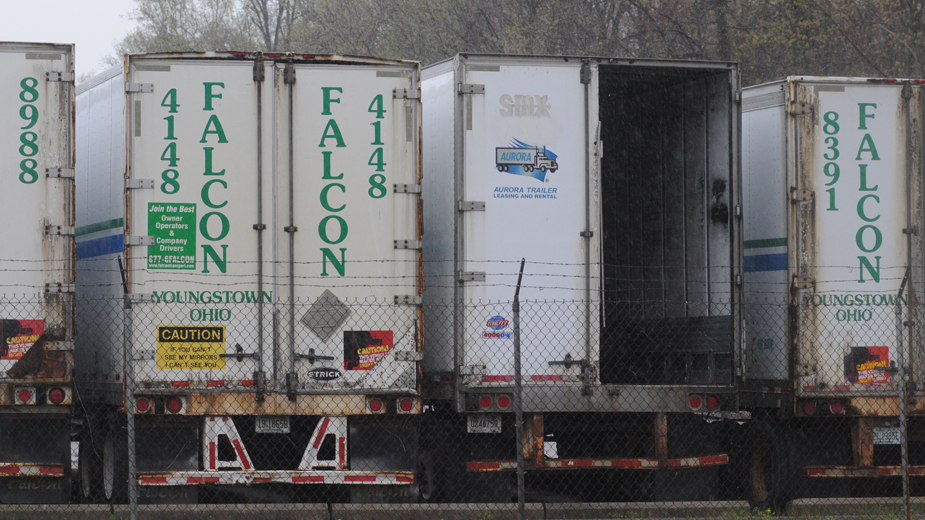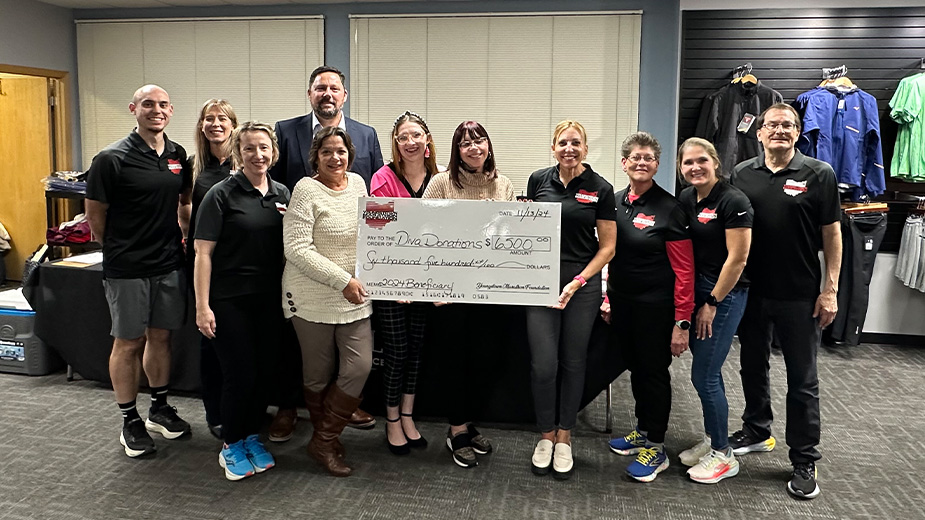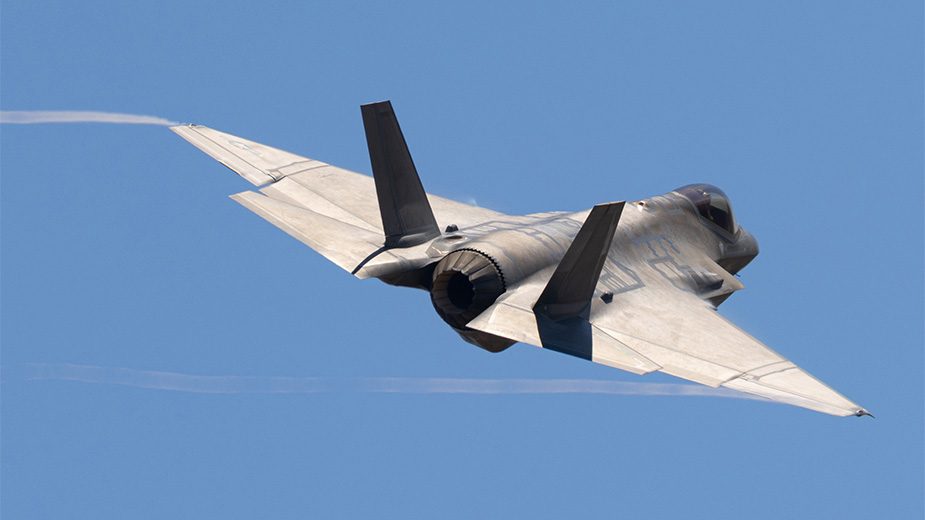Falcon’s Deep Pockets on Hook for WARN Violation
YOUNGSTOWN, Ohio – The Los Angeles private equity fund that took itself off the radar after abruptly shutting down Falcon Transport Co. is in the sights of attorneys who have prosecuted a few hundred class action lawsuits and collected more than $100 million in damages under the WARN Act.
CounterPoint Capital Partners LLC, which acquired Falcon Transport Co. in September 2017 and shut it down April 27, was named in an amended complaint filed Thursday by the legal team that includes attorney Stuart J. Miller with the New York law firm of Lankenau & Miller LLP.
“We don’t know if Falcon intends to file for bankruptcy, in which case [all assets] would be transferred to bankruptcy court,” Miller says.
While wages and benefits are considered priority claims and would be paid in full before other unsecured creditors receive a penny, the amended claim goes after the deep pockets that lawyers say actually operated the company.
CounterPoint paid $27 million in cash plus “an additional $33 million in debt-financing” to buy Falcon, according to the Freight Waves trade journal.
“At all relevant times, CounterPoint maintained sole control over all critical business decisions made on behalf of Falcon, including decisions relating to plaintiffs’ and the class’ employment and specifically, the decision to shut down the facilities without providing WARN notice,” the amended complaint states.
Moreover, the private equity fund and Falcon “maintained common personnel policies which were put into place by CounterPoint including payment of wages as well as a common health-care plan,” the pleadings continue.
“We’ve spoken to enough employees and gotten enough word about who really called the shots,” says attorney Miller. “Falcon didn’t have an independent board of directors,” which makes CounterPoint the “single employer.”
“The WARN Act makes it easier to pierce the corporate veil,” Miller tells The Business Journal.
The amended claim identifies the directors and managing partners of CounterPoint — Stephen Rossi and Chris Iorillo — and says the four top executives of Falcon “were put into place” by Rossi and Iorillo.
“Approximately every week, [they] were required by CounterPoint to conduct telephonic meetings in which they would report to [Rossi and Iorillo],” the lawsuit states.
Miller’s law firm has sued “at least 10 trucking companies over the years” for WARN violations, Miller says, with the most notable case being Consolidated Freightways Corp., which shutdown in 2002, idled 15,500 workers and declared bankruptcy.
Federal law requires companies with at least 100 employees to give 60-day written notice to its workers before shutting down. Falcon Transport Co. did not, nor has it as of this posting, officially notify the Ohio Department of Job and Family Services as per the WARN Act.
The amended class action lawsuit, first brought on behalf of Mary Chavez of Girard, adds a second plaintiff, Kevin Isenburg, an employee of Falcon’s operation in Lyles, Tenn.
In all, Falcon employed some 500 workers “who worked at or reported to” company facilities on Victoria Road in Austintown, the main office in Liberty Township and facilities in North Jackson Gary, Ind., Nashville and LaVergne, Tenn., Romulus and Lake Orion, Mich., Weirton, W.Va., and Kansas City, Kansas.
“These employees have not been paid for their last two weeks of work and in some cases three weeks,” Miller says. Under the WARN Act, they also are now owed 60 days of pay, health and retirement benefits.
“It’s hard to believe a company of this size had to shut down on a dime,” Miller says.
“The trucking industry is booming – everybody is looking for drivers. The fact that a company would just collapse and go out of business when the industry is strong is a bit bizarre.”
As it was shutting down Falcon, CounterPoint Capital Partners was shutting down its website and taking its telephones off the hook. The company is incommunicado and what background information can be found may not be current.
Still, an alert reader of The Business Journal provided a link to its archives as retrieved on The Wayback Machine.
Among the 12 companies identified in its portfolio – Falcon is at the top of the list – are four seafood companies, a manufacturer of classroom furniture and a lumber dry kiln manufacturer. Excluding Falcon, a Google spot-check found nothing out of the ordinary about any of the companies.
Text elsewhere on the website emphasizes how fund managers are directly involved in company operations.
“We know only one way to transition a company facing challenges into a successful operation. That’s to jump into the trenches and get our hands dirty,” the website stated.
Fund managers “become fixtures in the hallways … In order to implement a rapid transition to success, we go where others are unwilling to go. Deep into daily operations.”
Copyright 2024 The Business Journal, Youngstown, Ohio.



